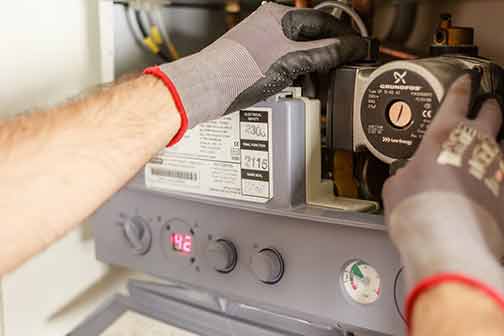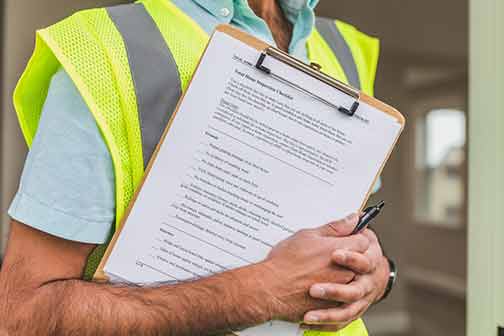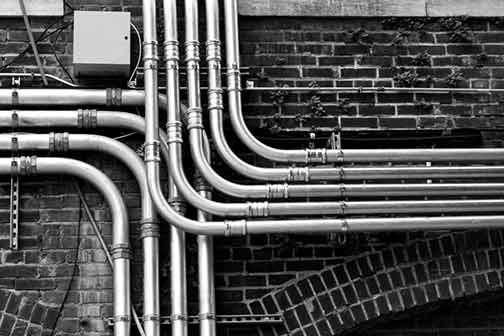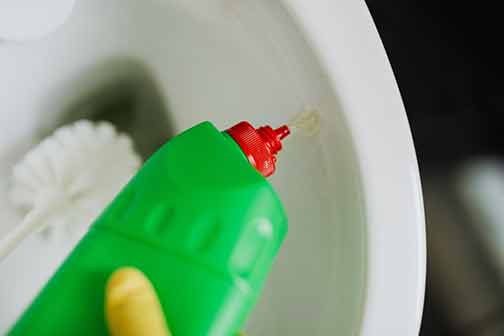
Old plumbing can present a challenge for homeowners, especially regarding maintenance. With pipes and fixtures in place for decades, the wear and tear can take a toll on your plumbing system. However, there are steps you can take to maintain your old plumbing and avoid costly repairs or replacements. This essay will explore the best tips for maintaining old plumbing. By following these tips, you can extend the life of your pipes and fixtures, prevent leaks and other plumbing problems, and keep your home running smoothly. From regular inspections to using low water pressure, we’ll cover the essential steps you need to take to maintain your old plumbing. Here we want to share seven tips for maintaining old plumbing in your home.
Inspect your plumbing regularly
It’s crucial to perform routine inspections to maintain ancient plumbing. Look for wear-and-tear indicators like leaks, corrosion, and damage to the pipes, couplings, and valves. On the flooring, ceilings, and walls, look for water stains. Check the water heater for leaks, rust, and sediment accumulation. Verify the shut-off valves are operating properly. Check the water pressure to see if it changes suddenly. Address any problems you see right away to limit future harm. Regular inspections can assist you in spotting issues early and averting more expensive repairs down the road. You can prolong the lifespan of your outdated plumbing by being watchful and proactive. That is one of the tips for maintaining old plumbing we recommend the most.

Replace old pipes is one of the essential tips for maintaining old plumbing
An important source of issues with old plumbing can be old pipes. They may erode or sustain damage, causing leaks and other problems. Replacing outdated pipes is often the greatest option for averting future issues. You can easily replace old iron and galvanized steel pipes with copper and plastic. They are corrosion-resistant, strong, and long-lasting. It’s crucial to work with a qualified plumber when replacing old pipes since they can evaluate the state of your plumbing system and suggest the best course of action. You can benefit from better water flow, better water quality, and greater peace of mind knowing that your plumbing is in good shape with installing new pipes.

Clean your drains regularly
Clogs are common with outdated plumbing, but you may avoid them by periodically clearing your drains. To start clearing minor obstructions, use a plunger. If that doesn’t clear the clog, consider using a drain snake. Combine baking soda and vinegar, pour it down the drain, give it time to sit, and then flush with hot water. Avoid using chemical drain cleaners since they can damage your pipes and are hard on them. Regular drain cleaning can increase water flow, lower the possibility of backups and clogs, and extend the life of your plumbing system. Maintaining the condition of your ancient plumbing should be a part of your regular maintenance.

Use low water pressure
Old plumbing may not be able to handle high water pressure, which can cause leaks and other problems. To avoid this, use low water pressure in your home. You can install a pressure regulator to ensure that the water pressure stays within safe levels. Additionally, avoid turning faucets and valves on and off abruptly, as this can cause stress on your plumbing system. Using low water pressure can also reduce your water bills and conserve water. It’s an easy way to maintain your old plumbing and prevent damage that can be costly to repair. You can enjoy a reliable plumbing system for years by being mindful of your water pressure.
Insulating your pipes is one of the best tips for maintaining old plumbing
In colder months, aging plumbing may be prone to freezing. By insulating them, you can stop your pipes from freezing-related bursts or cracks. To keep your pipes warm in the winter. It’s crucial to insulate pipes in colder parts of your house, such as the attic or basement. By minimizing heat loss from hot water pipes, pipe insulation can help increase energy efficiency. That can help you save money over time by lowering your energy costs. You can save money on repairs and ensure that your plumbing system functions properly all year long by insulating your pipes.
Avoid harsh chemicals
Harsh chemicals can harm old plumbing. They may damage pipes, result in leaks, and necessitate expensive repairs. Instead, clean your drains and pipes using natural cleaning products like vinegar and baking soda. You can also utilize drain cleaners with enzyme bases that degrade organic material without harming your plumbing. Additionally, remember that fats like grease and oil can solidify in your drains and result in blockages. You can increase the lifespan of your plumbing and reduce the cost of repairs by staying away from harsh chemicals and adopting mild, natural remedies. Sore all of your unused chemicals. Therefore, use rented storage spaces to store chemicals away from home, as nycministorage.com experts recommended.
Hire a professional plumber
If you’re uncertain how to maintain your old plumbing, hire a professional plumber. They can inspect your plumbing and make recommendations for repairs or replacements. They can also help you maintain your plumbing and prevent problems from occurring. That is one of the best tips for maintaining old plumbing.
Conclusion
Maintaining old plumbing requires regular inspections, replacing old pipes, cleaning drains, using low water pressure, insulation of pipes, avoiding harsh chemicals, and the help of professional plumbers. By following tips for maintaining old plumbing, you can keep your plumbing working properly for years to come.

